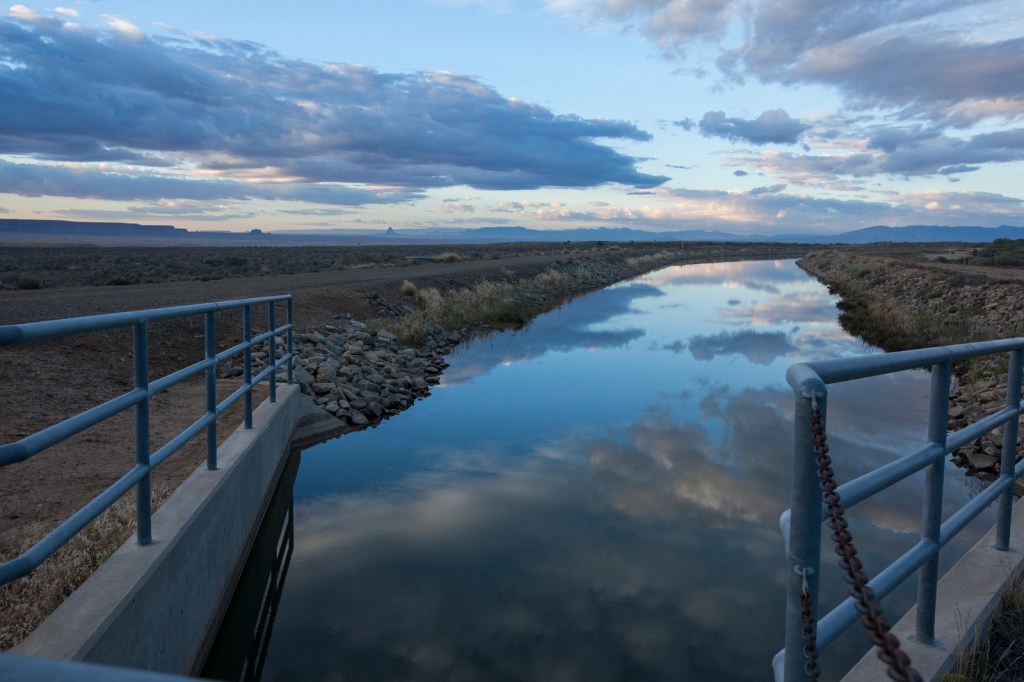When it comes to global water scarcity, the primary cause isn’t climate change: it’s us. New research shows that by 2050, more than 70 percent of watersheds around the world will experience water scarcity driven by human activity, with a negligible proportion of water scarcity attributed mainly to climate change.
The Gist
The paper, “Humans Drive Future Water Scarcity Changes Across All Shared Socioeconomic Pathways,” published in Environmental Research Letters, explores changes in water scarcity taking place this century under a wide variety of potential climate and socioeconomic scenarios.
The primary finding? Contrary to current conventional wisdom, the main cause of global water scarcity is not climate change, it’s “human activity,” says co-author Fernando Miralles-Wilhelm, TNC’s lead scientist for global water. “That means you and me, our use of water for all sorts of activities: growing food, generating power and our domestic consumption, is the dominant driver of water scarcity — essentially because we use a lot more than natural processes replenish in water sources.”
The Big Picture
This is not to say that climate change doesn’t matter when it comes to water scarcity. It does. But what this paper also reveals is that – even if climate change were not a factor – the world would still be facing a water resource crisis.
Many of the issues causing water scarcity: overexploitation of sources, inefficient allocation, and disconnect between supply and demand, were recognized long before climate change and those issues have only continued to deteriorate over the past few decades.
“Extended periods of scarcity in places such as California and southeast Brazil, the water crisis in South Africa that led to the day-zero calling, and the contribution of water scarcity to the Arab Spring earlier this decade,” notes Miralles-Wilhelm, “are examples that continue to remind us that issues of water security and insecurity aren’t going away unless the world fundamentally changes the way we manage our water resources. Climate change exacerbates a problem that was already dire.”
The Takeaway
“There is some good news here,” says Miralles-Wilhelm. “Since water scarcity is being caused primarily by human activity, it is precisely change to human activities what will effectively solve the water scarcity problem. In our paper, we show that proactive approaches can not only curb, but reduce water scarcity in more than half of the world’s watersheds.
“Regardless of which climate change trajectory the world may be in, it is high time to work on proven and needed measures for better water management: invest in protecting our water sources, increase the efficiency with which we use water, manage water allocation and demand through appropriate incentives, and raise awareness of individual and collective roles in curbing water scarcity everywhere.”




Yes, you said it right. We should need to concentrate more on saving water from wasting it. Which will automatically reflect in everything associated with water scarcity in the future. Climate change have some effect but the majority of the damage was done by wasting the water.